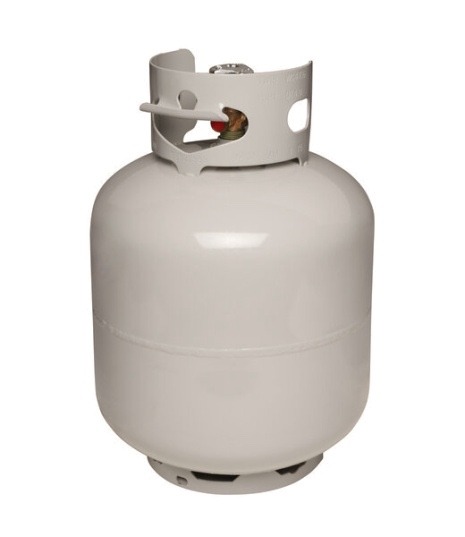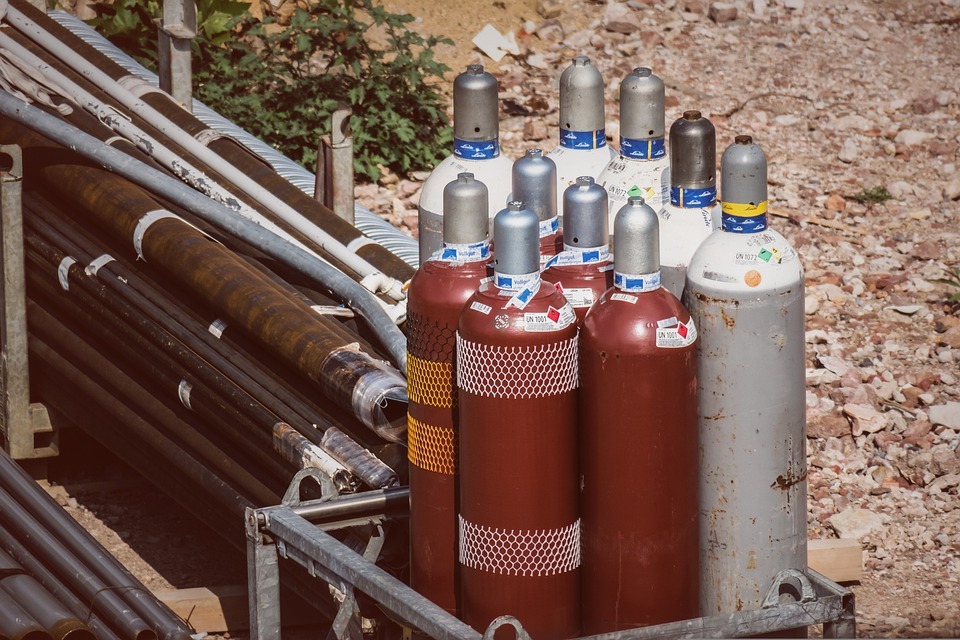ProGas Offers Propane Refill Services & Propane Tank Exchange
If you own a retail business, have you considered adding a propane cylinder exchange to your premises? Or perhaps you already have one, but are disappointed by the service and support of your supplier. Either way, you would do well to connect with us.
Become a Dealer Today!
Our ProPane Express cylinder exchange program works with dozens of gas stations, convenience stores, home and garden centers, hardware stores, and more throughout PA, OH & WV, from Morgantown to Pittsburgh and beyond to increase their profitability. Having a cylinder exchange on the premises attracts customers to your core business.

ProPane Express works seamlessly. We meet your delivery requests promptly and efficiently, and we respect the needs of your business. And, if you’re concerned about your propane tank cost, you can count on us to provide you with very competitive prices.
How Do I Remove an Empty Cylinder From My Grill?
Here’s a step-by-step guide to safely removing and replacing the gas cylinder on your propane grill:
- Turn off your grill.
- Locate your propane cylinder; it may be behind a door (depending on how your grill is designed).
- There are two basic parts of your grill that are important when changing a propane cylinder: the cylinder’s tank valve and the grill’s pressure regulator.
- Before you disconnect the pressure regulator, make sure that the tank valve is closed (turn it all the way to the right).
- Once the tank valve is closed, unscrew the threaded pressure regulator (turn it counterclockwise). It is now safe to remove the propane cylinder (on some propane grills, the tank is held on the barbecue by a restraining bolt or screw; loosen it to remove the tank).
- To reconnect your propane tank, simply reverse the disconnection process—making sure that the tank valve is closed when you reconnect the pressure regulator. Replacement propane cylinders often come with a plastic safety cap over the tank valve assembly. Just remove this.
How to Safely Transport Cylinders
- All cylinders must be transported in an upright position after they are filled. Cylinders should not be transported lying down.
- Do not leave a filled tank inside your car for any length of time, especially in the summer.
What Should I Expect Once I Get Started?
- Our trained representative evaluates each location prior to placement of a cabinet to make sure all national and local codes are met.
- We take care of the reconditioning, the safety inspections, the inventory, the cabinets, the deliveries, the stocking and even the signage.
- Our cylinders are filled, inspected, washed or freshly painted to ensure they not only look good, but are safe to use.
- We have scheduled routes to save you the trouble of calling for deliveries, but you can always call us to let you know your inventory is running low and we will schedule a delivery.
It’s as Easy as 1, 2, 3!
Once you’re all set up, here’s what happens next:
- The customer goes to your counter and asks for a gas grill cylinder.
- Your clerk walks the customer to the exchange cabinet, verifies the valve type, exchanges the cylinder and returns to the counter to collect money from the customer.
- The customer returns to the exchange cabinet and picks up the exchange cylinder.
We Design Propane Dispensing Stations, Too.
ProGas can also design a propane dispensing station while keeping all zoning, building, safety and training requirements in mind. We have installed many stations for companies that refill their own forklift cylinders, auto/truck engine fuel, temporary heat cylinders, hot-air balloons, and myriad other applications.
If you use propane for your tri-state business and want to learn more about our commercial and industrial propane service, contact us today.
Need an On-Site Forklift Cylinder Exchange?
We’ve adapted our cylinder exchange program for other commercial clients, including chemical plants, warehouses, paving companies and roofing contractors.
As an example, our forklift propane cylinder exchange program is the safest and most efficient way to keep your propane-powered forklifts fueled and ready to roll at all times. Ask us about:
- Customized scheduling—several times a week, once a week or monthly; your call!
- Flexible service agreements—month-to-month or long-term contracts available.

- Storage setups—our professional service includes setting you up with on-site cages.
- Training for your employees—we will review safe-handling procedures for propane cylinders and other safety issues for your staff.
- Cylinder Review—we will ensure that your cylinder inventory is current and we’ll inspect it for leaks.
Contact us today about our forklift cylinder exchange program.


